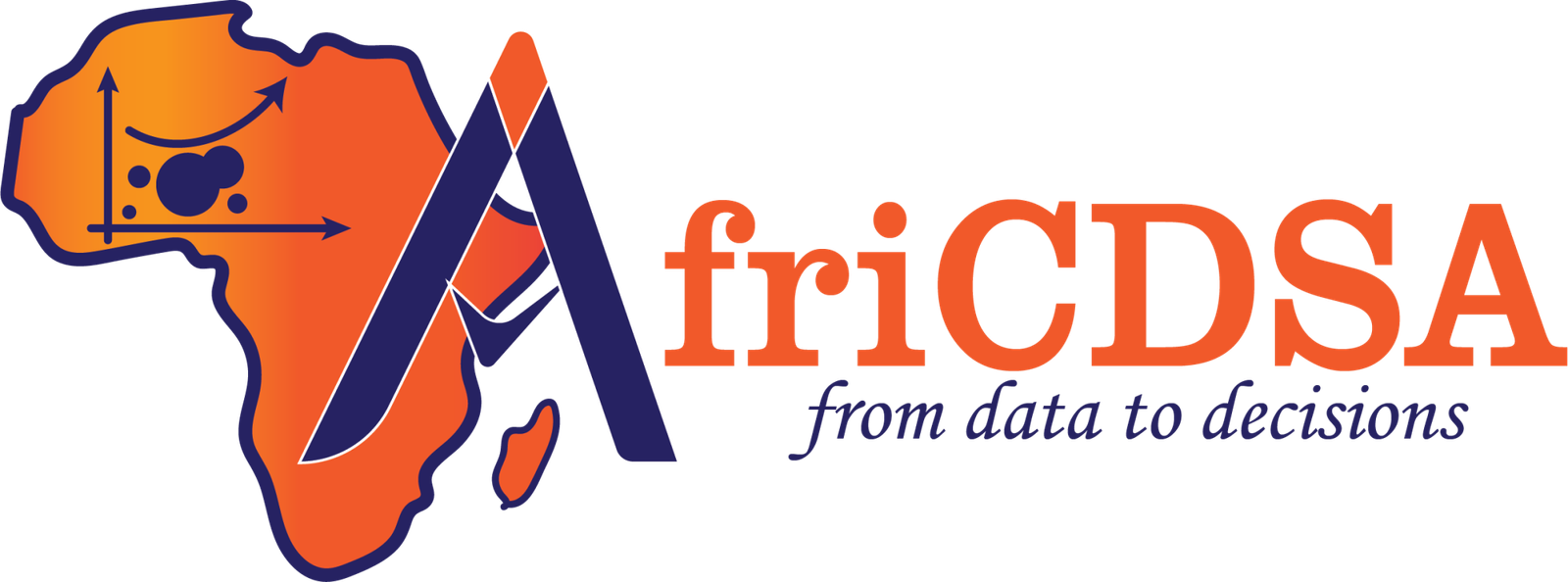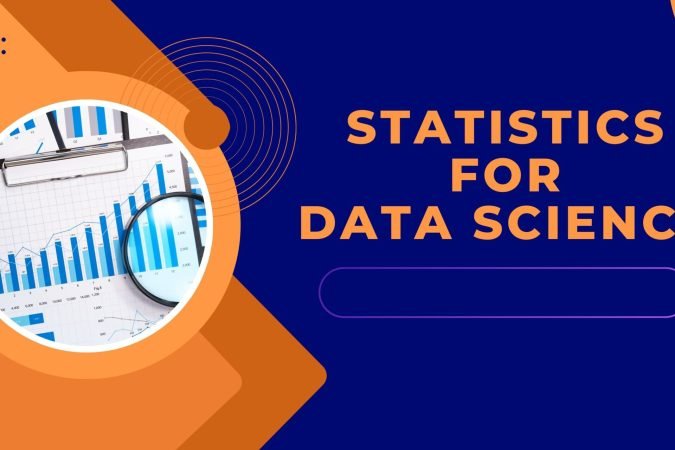Description
Curriculum
Instructor
SQL (Structured Query Language) is used to manage and manipulate relational databases. It allows users to store, retrieve, and analyze data efficiently.
RDBMS Basics
- A Relational Database Management System (RDBMS) organizes data into tables with relationships.
- Primary Keys uniquely identify each record in a table.
- Foreign Keys establish relationships between tables, ensuring data integrity.
Basic SQL Concepts
- SQL enables retrieving data based on conditions for analysis.
- It allows filtering records to fetch only relevant information.
- SQL queries can be integrated with Python Pandas for further data processing.
Advanced SQL Concepts
- Sorting Data: Results can be arranged in ascending or descending order.
- Aggregate Functions: Perform calculations on multiple records (SUM, COUNT, AVG, etc.).
- Grouping & Filtering: Data can be grouped and filtered based on conditions.
- Nested Queries: Queries within queries help in complex data retrieval.
- Joins: Combine multiple tables to extract meaningful insights:
- Inner Join: Matches records from both tables.
- Left Join: Includes all records from one table and matching ones from another.
- Multiple Joins: Helps in deeper data analysis by linking several tables.
- 1 Section
- 9 Lessons
- 10 Weeks
Expand all sectionsCollapse all sections
LUCY WANGARI

57 Students3 Courses
Review

$60.00
$36.00
23 students
9 lessons
Language: English
1 quiz
Assessments: Yes
Skill level All levels
Courses you might be interested in
Introduction to data visualization Data visualization is the process of representing data in graphical formats such as charts, graphs, and maps to make information more understandable and actionable. It helps...
-
22 Lessons
$64.00
-
29 Lessons
$70.00
This statistical data analysis explores key patterns, relationships, and trends in the dataset through descriptive and inferential statistics. The data is cleaned, transformed, and assessed for assumptions before analysis. Descriptive...
-
16 Lessons
$60.00



